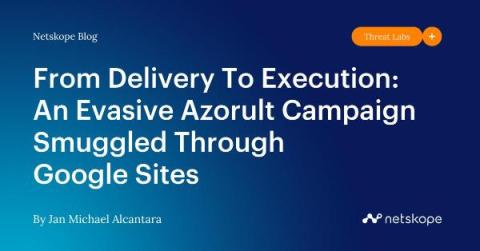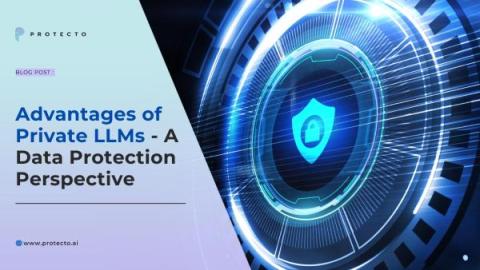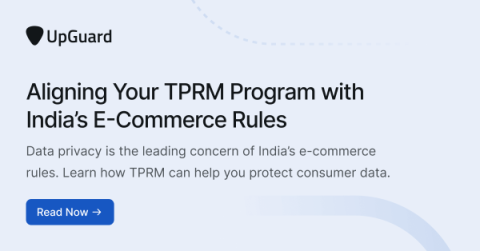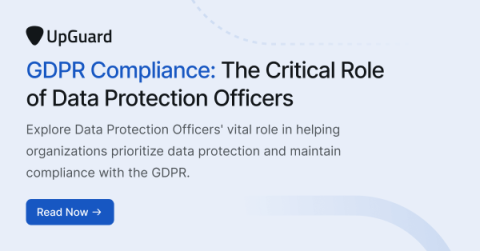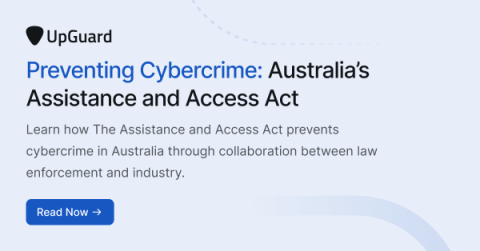From Delivery To Execution: An Evasive Azorult Campaign Smuggled Through Google Sites
Netskope Threat Labs has observed an evasive Azorult campaign in the wild that employs multiple defense evasion techniques from delivery through execution to fly under the defender’s radar as it steals sensitive data. Azorult is an information stealer first discovered in 2016 that steals sensitive information including user credentials, browser information, and crypto wallet data.


